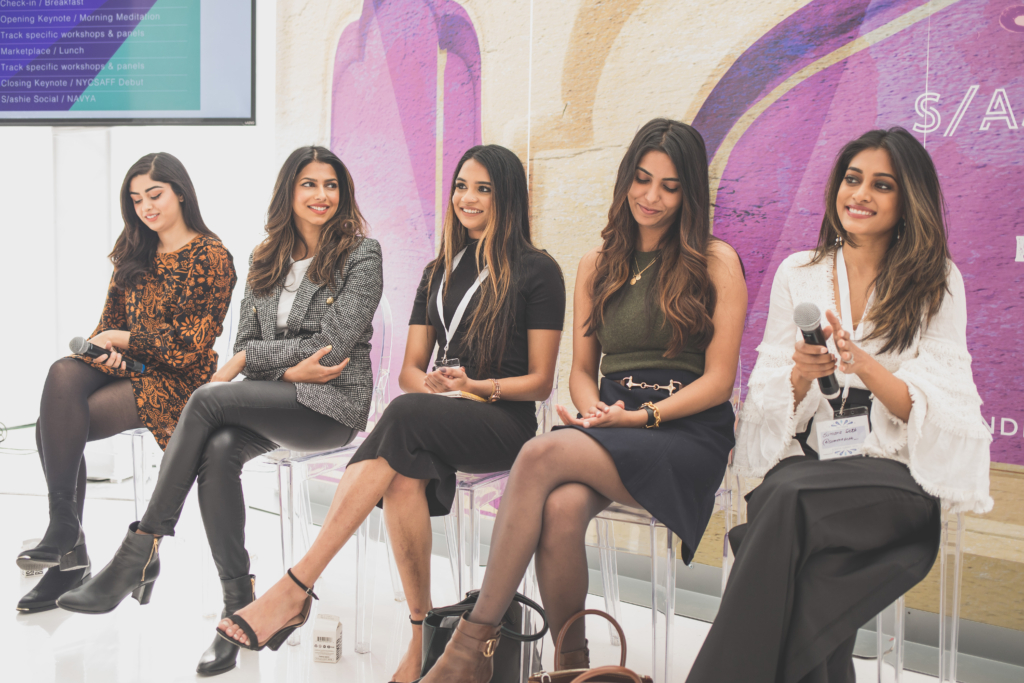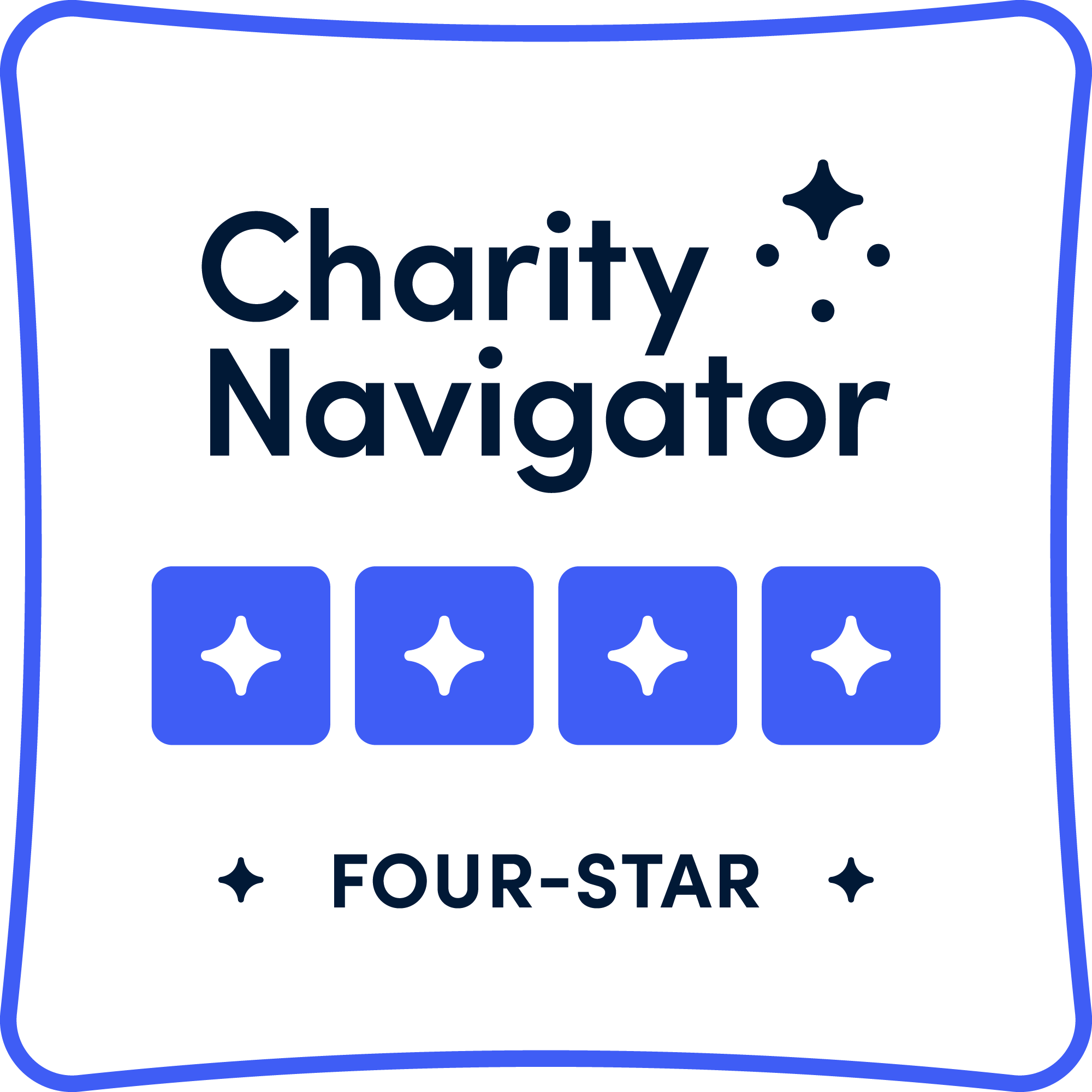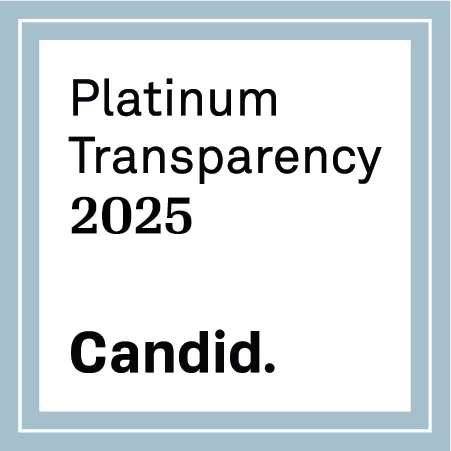Contributed by
Maesha Shonar
This past Saturday, I was invited to speak at the Slashie Summit on entrepreneurship by Brown Girl Magazine, an incredible South Asian Diaspora publication. This event pushed me to think deeply about “How do we move beyond just speaking about issues facing our communities and actually manifest change?”

In light of #NationalPhilanthropyDay and the month of gratitude and giving, I’ve found myself reflecting on how important it is to stay true to your personal narrative and values by investing into the communities that have shaped you and supported your journey. As a Bangladeshi, first-generation immigrant, I see grassroots work in my local community as something near and dear to my heart, so this question about “manifesting change” is something I’ve asked myself countless times.
As I navigated through high school and continue to navigate my junior year at Barnard College of Columbia University, I’m constantly wondering how I might be able to make an impact in my community. Anyone that has met me knows that my eyes light up when I speak about The Bronx, my bustling immigrant neighborhood, and how the students from local, underserved schools are deserving of far more than what our current education system gives them. To put it another way, our system fails them.
The Bronx and Harlem are two of the most underserved communities in New York City. Many public schools in these areas of NYC fail to fully address the needs of students, which is often a result of budget cuts and a disproportionate guidance counselor-to-student ratio. As an OppNet Fellow, I’ve been made more aware of the inequities around education through seminars and my own intensive research, which show the proven correlation between mentorship and academic success. Thus, I spent the better half of my years putting that idea in action — cultivating a team of 6 staff members and 12 mentors — to move beyond just talking about what needs to be done in our current public education system to creating solutions.
At the age of 17, that is exactly why I founded The Link Scholars, a nonprofit dedicated towards equity and education access. We firmly believe that early intervention is key to academic and professional success, so we start our support for NYC students in middle school to help them on their journeys to rigorous high schools and academic enrichment programs through bi-weekly academic and professional workshops. This year, our youth-led team of 3 expanded to a staff of 6 and that number continues to grow. Our cohort of 6 scholars in 2016 expanded to 25+ by 2019, and students ranging from all the 5 boroughs have successfully gained admission to rigorous high schools and programs after completion of our program. This kind of tremendous growth reminds me of the ways we, as members of the Gen Z community, can disrupt the systems holding back equity. More importantly, it reminds me of the platform and voice that I have to initiate dialogue about the gap that hinders underserved students from their full potential. My experience with OppNet has played a critical role in my vision for The Link Scholars because OppNet has taught me how to cultivate and foster a supportive community conducive to success. This magnitude of my impact (OR these initiatives) became more possible when I built and found a community here at OppNet, one that continued to provide me support and resources to pursue these endeavors.
In light of National Philanthropy Day, this month, we are laser focused on fundraising and increasing partnerships with other organizations so we can maximize our impact and serve more students. See us in action and how you can support and get involved by heading over to thelinkscholars.org/get-involved and following our IG @TheLinkScholars.
Maesha Shonar is an OppNet Fellow and junior at Barnard College of Columbia University.

